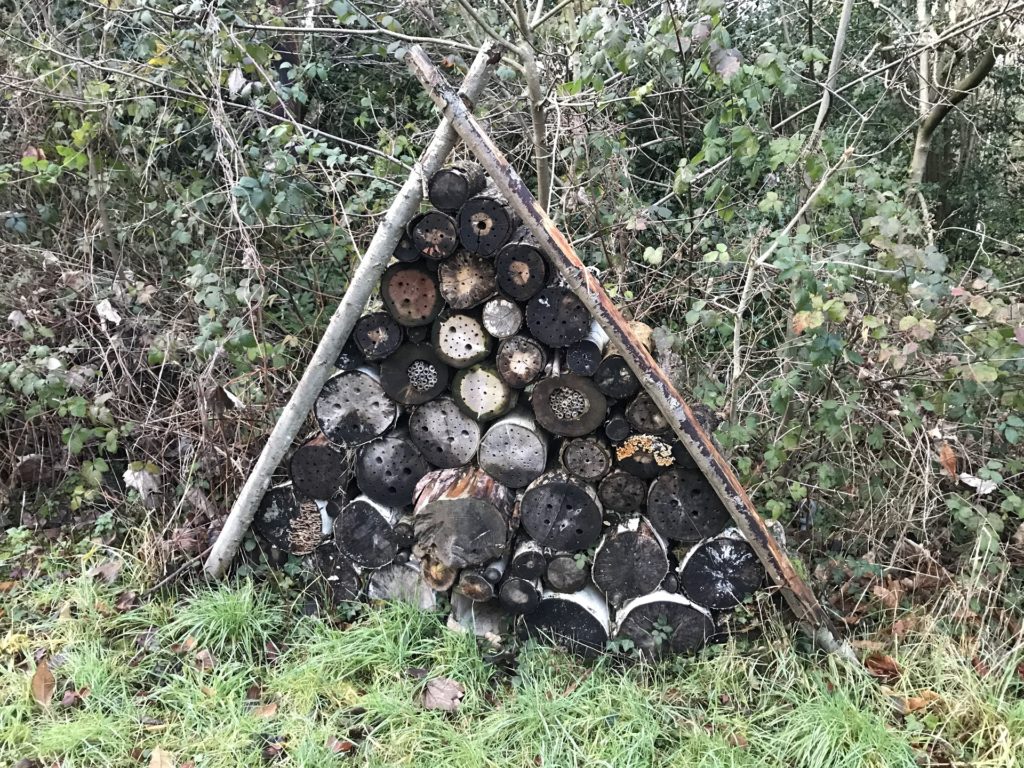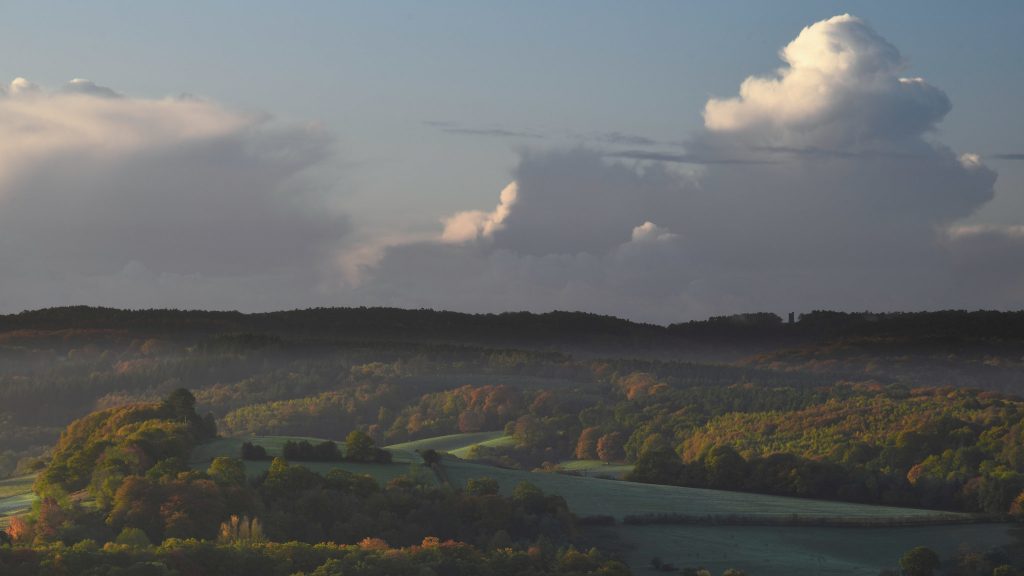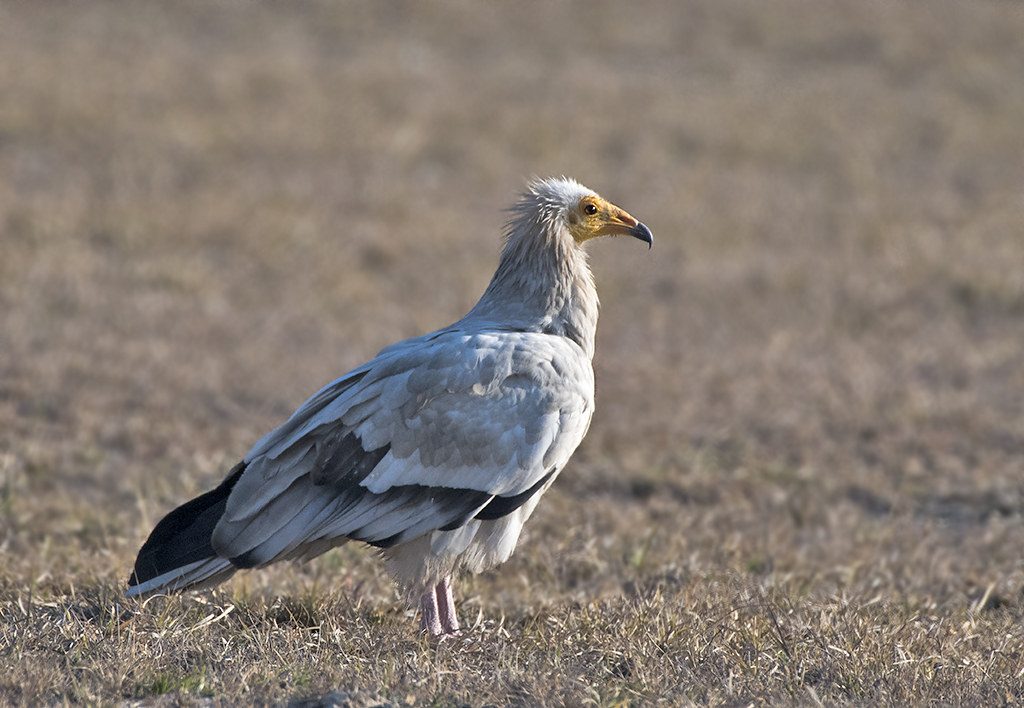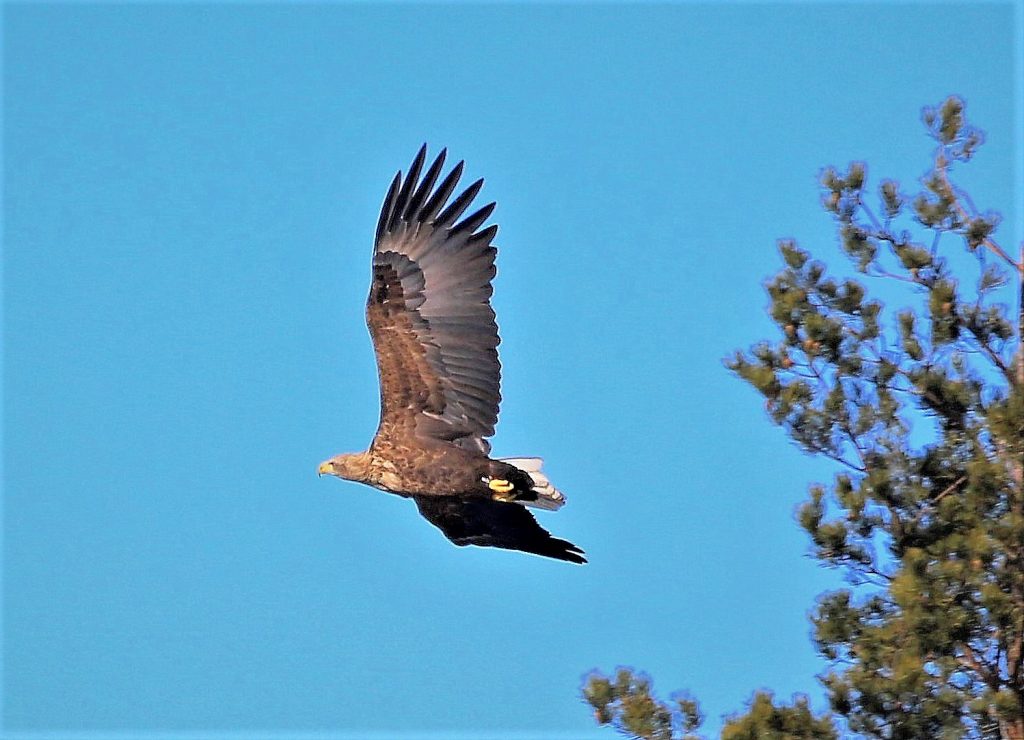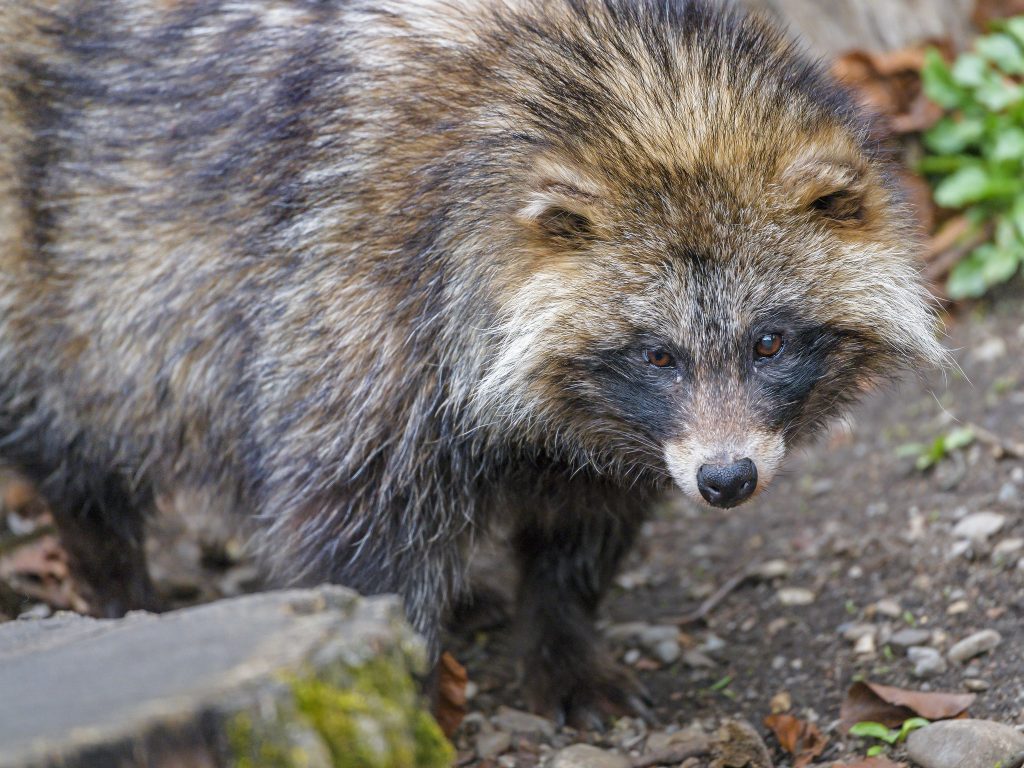The Independent reports the government’s long-awaited environment bill contains too many usages of the term “biodiversity”, where “nature” could be used instead as it is a “sexier word … with more public traction”, the House of Lords has heard.
According to Conservative former minister Lord Blencathra, the term “nature” commands greater understanding than “biodiversity”, and people can more readily relate to it.

